What is a Mustard Seed – All you need to know about the smallest seed
Mustard has become one of the most important spices and condiments of our era. Although mustard is one of the smallest seeds on earth, it is incredibly flavorful. It’s that intensity and piquancy, the aromatic warmth and liveliness that make mustard seeds so cherished.
According to market data, India and Pakistan alone, the largest producers of the seed, harvest over 430,000 tons of mustard annually, with Canada not far behind. The three countries produce almost half of the world’s production of mustard seeds. That means mustard has fans at a global scale, and it’s easy to see why; it’s delicious and healthy!
Here’s all you wanted to know about mustard seeds, mustard oil and mustard seed benefits.
What is a mustard seed?
Mustard seeds are amongst the smallest seeds on the planet. They can have a diameter of 1 to 2 millimeters.
Mainly grown in India and Pakistan since ancient times, there are actually three mustard plants: black mustard, brown Indian mustard, and white/yellow mustard.
Ancient civilizations knew and used mustard seeds. The pungent spice was cultivated 4000 years ago, and the Romans made sure they took it to every corner of the known world.
Mustard can be crushed and used as a spice. Producers also extract mustard oil from seeds, which is quite healthy. Finally, mustard seeds are often combined with vinegar and other seasonings to create the yellow prepared mustard condiment you drizzle over your hot dogs.
Mustard Seed Benefits
Mustard seeds might be small, but they have impressive health benefits. Here are some of the most important.
Compounds in mustard have potent antimicrobial properties that can find bacteria and inhibit mold and fungi growth.
Applying mustard oil in the skin is common in the Middle East and Asian subcontinent; it is said to improve the skin texture preventing wrinkles. It is used as a hair product as well. More scientific is needed to back these claims, but results are promising.
A bioactive compound in mustard seeds called allyl isothiocyanate can ease pain by blocking pain receptors, which means it could be used as an analgesic.
Another compound in mustard seeds, an omega-3 fatty acid, can have anti-inflammation properties and reduce joint pain and prevent hypertension and heart disease.
Consuming mustard seed could keep your heart healthy because of its high amounts of mono-unsaturated fats that can reduce bad (Low-density) cholesterol levels.
How to Cook With Mustard Seeds
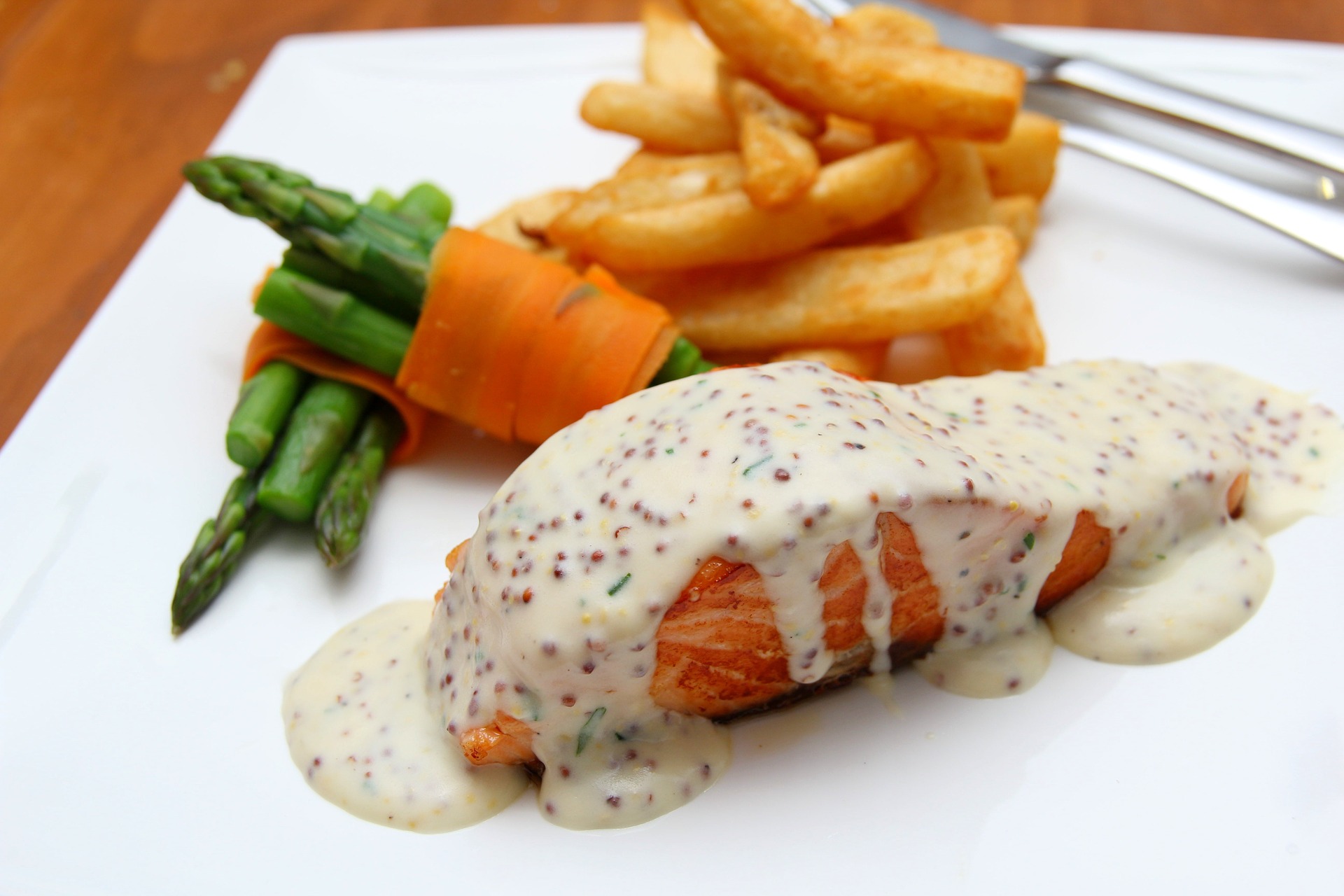
Mustard seeds are mostly used to produce mustard condiment and mustard oil. You can still incorporate them into dishes as it’s done in many Indian specialty dishes, including lentil and rice dishes.
In Eastern India, mustard is used in seafood dishes Bengali-style, while in the west, they can be paired with Gujarati coconut curries or even yogurt. Most southern Indian cooking relies either on mustard seeds or mustard oil as an intense flavor base.
The mustard condiment is widely available in Western countries. European cuisines prefer rustic Dijon-style mustards while American countries might use processed, prepared mustards that might have a hefty addition of vinegar and salt.
Mustard Nutritional Value
Mustard seeds contain adequate nutritional values. One hundred grams of seeds could add 12.2 grams of dietary fiber and an astounding 22.5 grams of healthy mono-unsaturated fats. Mustard seeds also contain high-quality proteins, 26 grams, which could complement your diet.
As for vitamins and minerals. 100 grams of seeds could add 70% of your daily intake for vitamin B1 (Thiamine), that aids the nervous system; 22% of vitamin B2 (Riboflavin), that helps break down proteins, fats and carbohydrates; 32% of vitamin B3 (Niacin), which prevents the risk of heart disease; and 34% of vitamin E which supports your immune system. Mustard seeds are extraordinary sources for magnesium and phosphorus, as well.
Mustard Seed Substitutes
Substituting mustard seeds is no easy task, but various spices can mimic some of mustard’s traits. Turmeric will impart a similar color to food, and the Japanese wasabi might have a similar pungency. Caraway seeds have a similar flavor profile, and horseradish might imitate some of vinegar-based mustards’ intense flavors.
The good news is that mustard and mustard seeds are widely available, and they’re affordable, so you can always get some mustard to spice up your food. You can shop at our curated shop or simply check out the best Organic Yellow Mustard Seed to use.
Mustard Seeds are Amazing
As featured in the Bible, the smallest seeds on earth have been part of our culture for thousands of years, the color and intensity of aroma is unmatched, and we’ve assimilated the spice as a universal seasoning.
Mustard is tasty, healthy and quite exciting, so make sure you always have some mustard in your pantry, your family will thank you!
Highly Rated – Social Media Chatter on Mustard Seeds
Get this amazing reminder clipped to your keychain by clicking the link in my bio!
Jesus loves you, so do I.
………..
Follow and share us thelivehim
LiveHim.com #liveforhim
………..
#mustardseed #mustardseedfaith #mustardseeds #mustardseedoffaith #faithcanmovemountains
This Indian staple is quick, easy, nourishing, inexpensive, and—most important—incredibly flavorful. Get our Palak Dal (Spinach Dal with Cumin and Mustard Seeds) recipe by clicking the link in our profile.
Sources:
- https://en.wikipedia.org/wiki/Mustard_seed#Production
- https://www.savoryspiceshop.com/blog/uses-of-mustard-seed
- https://www.britannica.com/plant/mustard
- https://www.nutrition-and-you.com/mustard-seeds.html
- https://www.thespruceeats.com/mustard-seed-types-1808086
- https://www.healthline.com/nutrition/mustard-oil-benefits
- https://www.theguardian.com/lifeandstyle/2013/nov/18/mustard-good-for-you-anti-cancer-healthy
- https://www.theguardian.com/lifeandstyle/2014/feb/17/how-to-cook-with-mustard-seeds-vivek-singh
- https://www.wikihow.com/Substitute-for-Mustard-Seed

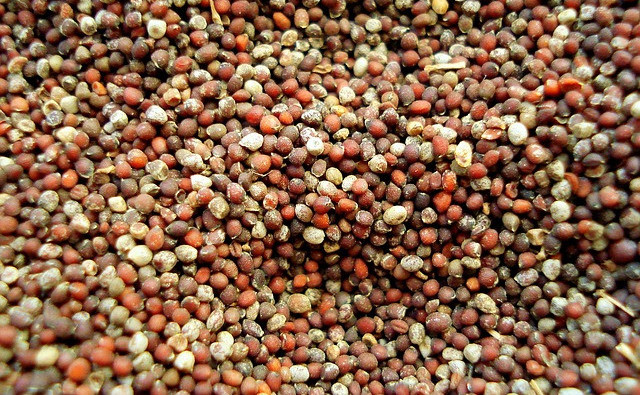

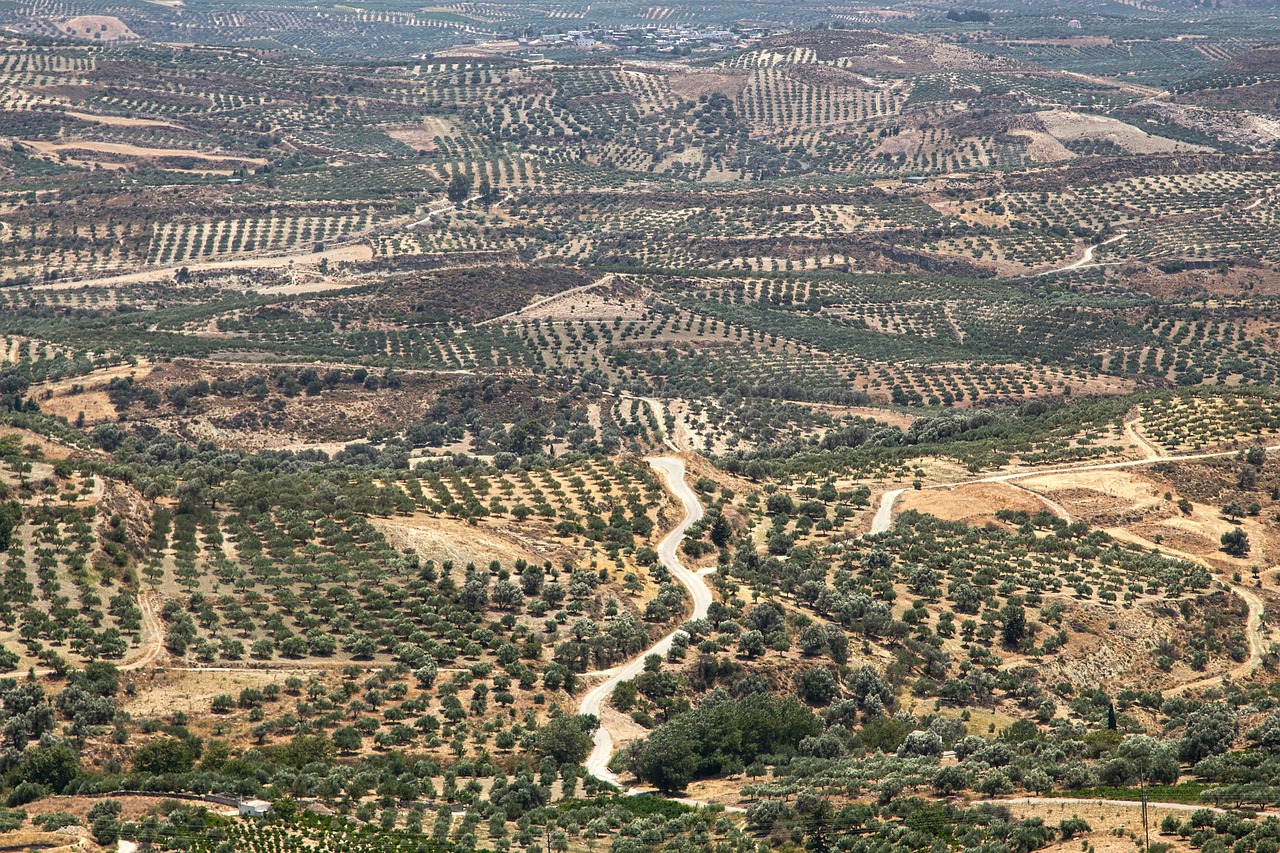
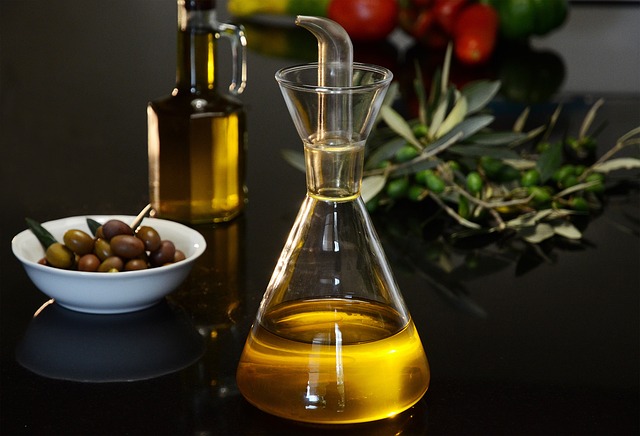
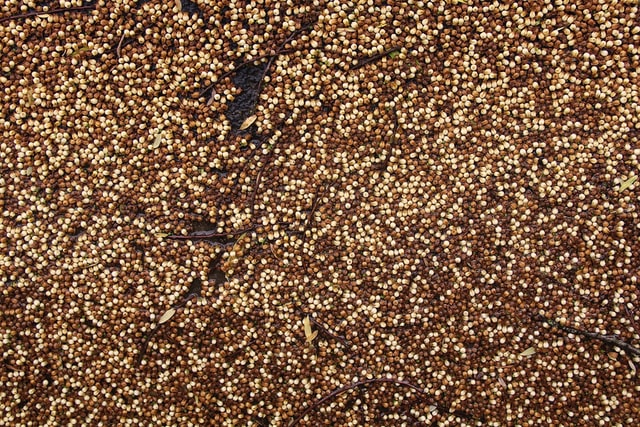
You have a very impressive article here. I didn’t realize how long mustard has been used. I also didn’t realize how healthy mustard is. There really is nothing to substitute for mustard, so it’s a good thing it is easily available. It is also used in so many dishes. I had always just put it on hot dogs, and that’s it. I’ll have to check the amazing properties of mustard out!
Thankyou much, Anthony
I never knew mustard seed had this very great benefit and I feel real happy to see it cause my mom could really make use of it and I read like that it’s a natural product. It’s really nice that this mustard seed is really common where I live and seeing it works for heart rate is very good
Thanks Justin.